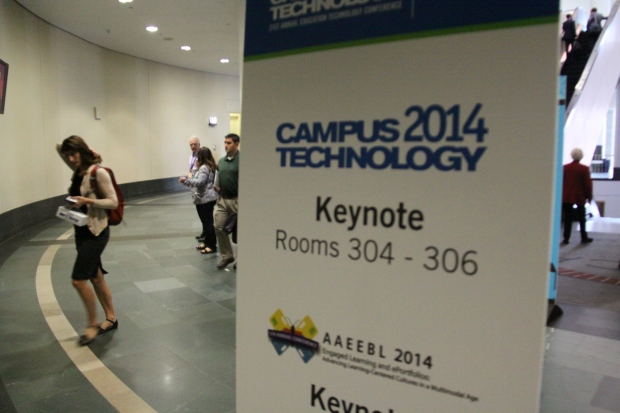LRM is Learning Relationship Management. It’s an emerging category of education technology that fills in the gaps left by other major systems like LMSs and SISs. LRM does for learning what CRM does for sales — specifically, it gives organizations and those who lead them a way to make sure that every single learner has exactly what they need to be successful. And increasingly, what people need to succeed is relationships.
MOOCs have made it clear that the classes at Princeton are not necessarily better than the classes at your local community college. What makes Princeton better is the relationships that you can develop there.
Relationships with peers, mentors, faculty and staff and alumni.
Relationships with learning communities, departments, industry, and leading experts. Relationships to goals, to content and to the university itself.
See, when you graduate from Princeton, you get a degree that is essentially a letter of recommendation from the faculty that says “this person met our high standards and is entitled to the rights and privileges thereunto pertaining”.
That recommendation from that faculty opens doors. It opens doors to relationships. It allows a stranger to say “well if the faculty of Princeton vouches for her, perhaps we ought to give her a chance.”
Education is fundamentally about relationships. As the famous anonymous quote goes “A single mind by itself can only answer its own questions and is rarely, if ever surprised”
But even students who go to a vaunted university like Princeton can fail to grasp this. And most students at lesser schools do so. It’s easy to slip through the cracks of our industrial system of schooling. To never develop strong relationships and so under-optimize your educational experience.
At a place like Princeton, that can still mean you get a good education by most standards. But at a lesser school, or a school with lesser resources, advising, mentors, peers, goals, and community can be the difference between success and failure.
LRM is just a technology system for managing relationships. But when used properly, it helps make sure that every learner has exactly what they need to succeed.
And if you don’t know what kind of relationships your students have, you’re gambling with student success.



